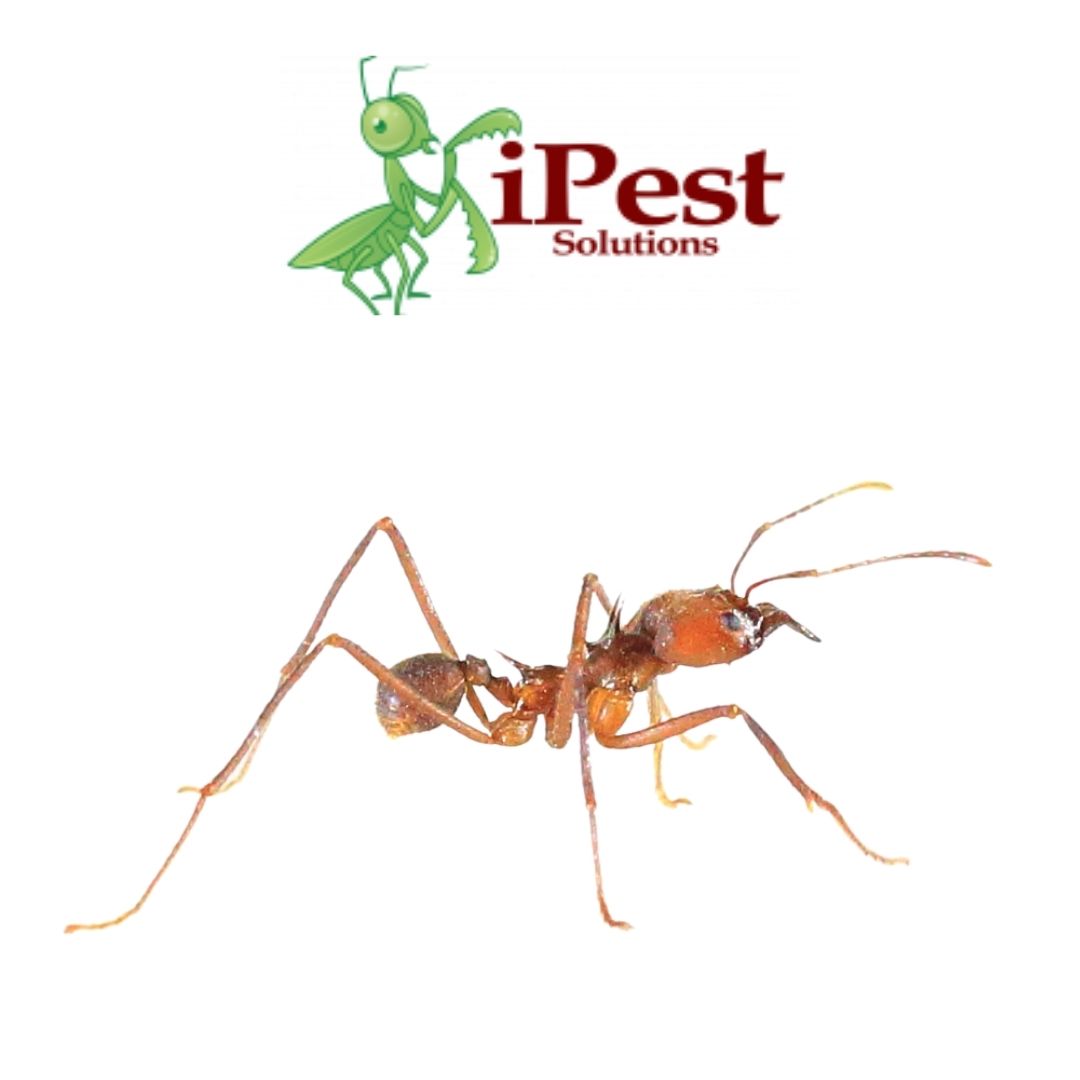Like most infestations, fire ant infestations can be prevented if you remove the incentives they have for being in the yard. Let’s take a look at what these incentives are and what you can do about them.
What are fire ants?
Fire ants are one of the most common ant pest species around. Most ant infestations are nothing more than an eyesore and they are transient. Fire ants however are known for their painful sting, and powerful venom. They are also very aggressive and they will swarm anyone who comes near their nests. This puts the fire ants in a category of their own, because they pose a real threat to the health and comfort of the inhabitants in any property that they infest.
Prevention
There are several methods that you can implement yourself to keep these pests out of your home. To start, you want to make sure that the home is clean and free of any food or drink waste, such as crumbs or spillage. You then want to store all the food in the home, including the pet food, in sealed containers. This will remove the food incentive for the fire ants, so while they may be set up in the backyard, at least they will not wander into the home.
Control
If an infestation has already started on the property, then it’s time to move onto the control process. Fire ant infestations are best left to the pros, because of the danger of being attacked by the ants as you try to destroy the nest. When it comes to the control methods that will be used, pros have three main options at their disposal: baits, direct insecticide applications and broadcast insecticide treatments.
The first and last option can also be used for prevention, to create areas around the property that the ants cannot access, and to kill off any new colonies that are started while the colonies are still small. Direct insecticide applications are used to destroy the colony very quickly, but the colony has to be out in the open. Your pest control pro will go through every option in detail and help you make the best choice for your property and budget.
If you have any questions about fire ant prevention and control, or if you have a fire ant problem in your backyard, contact us today and we will help you out.

